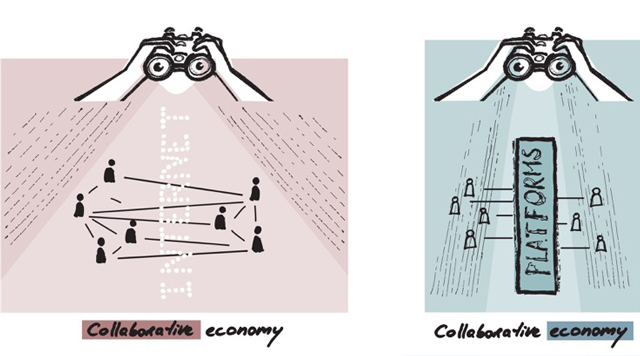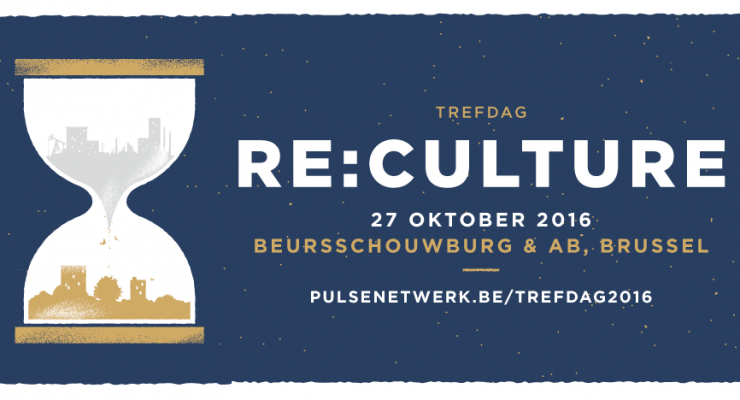Author: Socrates
-

How to see the people in the collaborative economy
More and more opinion leaders are mistaking a few big corporate platforms for the collaborative economy. We need a pro-active policy framework that bends the collaborative economy towards the public good.
-
Towards a multi-level urban 3rd space – Brussels, April 4/5
On 4th and 5th April, Waag Society, EU Policy Lab and EC Research&Innovation will hold a lab session to test the idea of a ’multi-level 3rd space‘ together with city-makers and innovators, city organisations, and other stakeholders from multiple cities across Europe.
-
‘European police measures against influx of strangers’
I was just struck by a fragment in Kropotkin’s Mutual Aid (1902) discussing the social and political structure of a Berber people in northern Algeria. The communally organized, ‘barbarian’, Kabyles, according to the anecdote cited below, hospitably fed refugees from the 1867 Northern African famine. Quite unlike the civilized Europeans, muses prince Kropotkin. As they say, history does…
-

Lectures Brussels (27/10) and Hasselt (9/11)
Upcoming are two lectures I will give on two different occasions in Flandres, centred around the Transition festival (although the second will take place some time afterwards). In both lectures (that will be in Dutch) I will connect the ideas behind the ‘circular economy’ with the philosophy of the commons.
-
Brexit, a scene from the Anthropocene
Slightly over two months ago, the ‘Brexit’ vote took place, leaving a lot of us in horror, lethargy, or at least confusion. If our confusion has receded as time has gone by, it is because we have become used to this new reality, not because it started making sense. Does it bring clarification when we…
-
New Page: The Commons
The past decades have seen a gradual strengthening of economic thinking in the policy arena. Despite crises hitting society one after another, the portfolio of economic solutions used for societal problems has become bigger and bigger. This one-sided approach has come to the detriment of solutions that are based on the philosophy of care, or…
-
New page: The Circular Economy
The idea of the ‘circular economy’ has taken off rapidly in the past couple of years. New ways of thinking, designing and developing are brought to the fore, caught in oneliners such as ‘waste equals food’ or ‘access, not ownership’. But what system is to lie underneath?
-
Community currencies on the rise – A preview
“The developed world is unable to respond to the present challenges largely because the money system, designed to nurture the industrial revolution, necessitates economic growth and rewards short-term profit taking over long term asset management. We need to start valuing things which money doesn’t value – from Indonesian swamps to unemployed labourers to the dignity…
-
Article out now in Global Change Biology: Bioenergy
After some (many) months of exercising patience, the results of my graduation research at Wageningen University (Department of Soil Quality) have been printed and published online in Global Change Biology’s ‘child’ journal Bioenergy. My co-workers and I also were lucky to have our paper’s title and photo printed on the issue’s cover. The article discusses…
-
Resilience: the philosophy of socio-ecological leeway
Environmental sciences are great fun for those who like to connect everything with everything else, and then cast their doubts on all these relations. But it also involves very urgent and earnest matter. For a university course, I wrote a 13p essay on agricultural paradigms and practices, which addresses how agriculture has been approached by…